Affiliate links on Android Authority may earn us a commission. Learn more.
Rush to 5G: Carriers act like children in pointless race to scream 'first!'
April 6, 2019
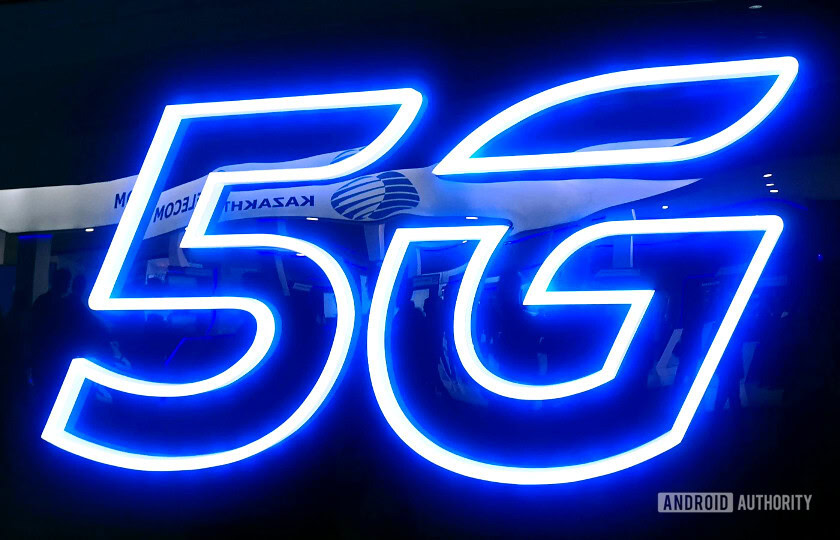
Imagine four runners standing at the starting line of a race. The gun goes off and the runners launch forward. Before any of them has taken three steps one of them shouts, “First!” as all four keep racing down the track, far from the finish line. If you saw that happen at a real race you’d laugh outright.
I’m embarrassed for the wireless network operators in the U.S., but they certainly have no shame. The four major carriers — AT&T, Sprint, T-Mobile, and Verizon Wireless — are all in various states of racing to build out and deploy mobile 5G service around the country. It’s a long road, and the industry has barely arrived at the gate, but that hasn’t stopped the Big Four from acting like a bunch of schoolyard kids.
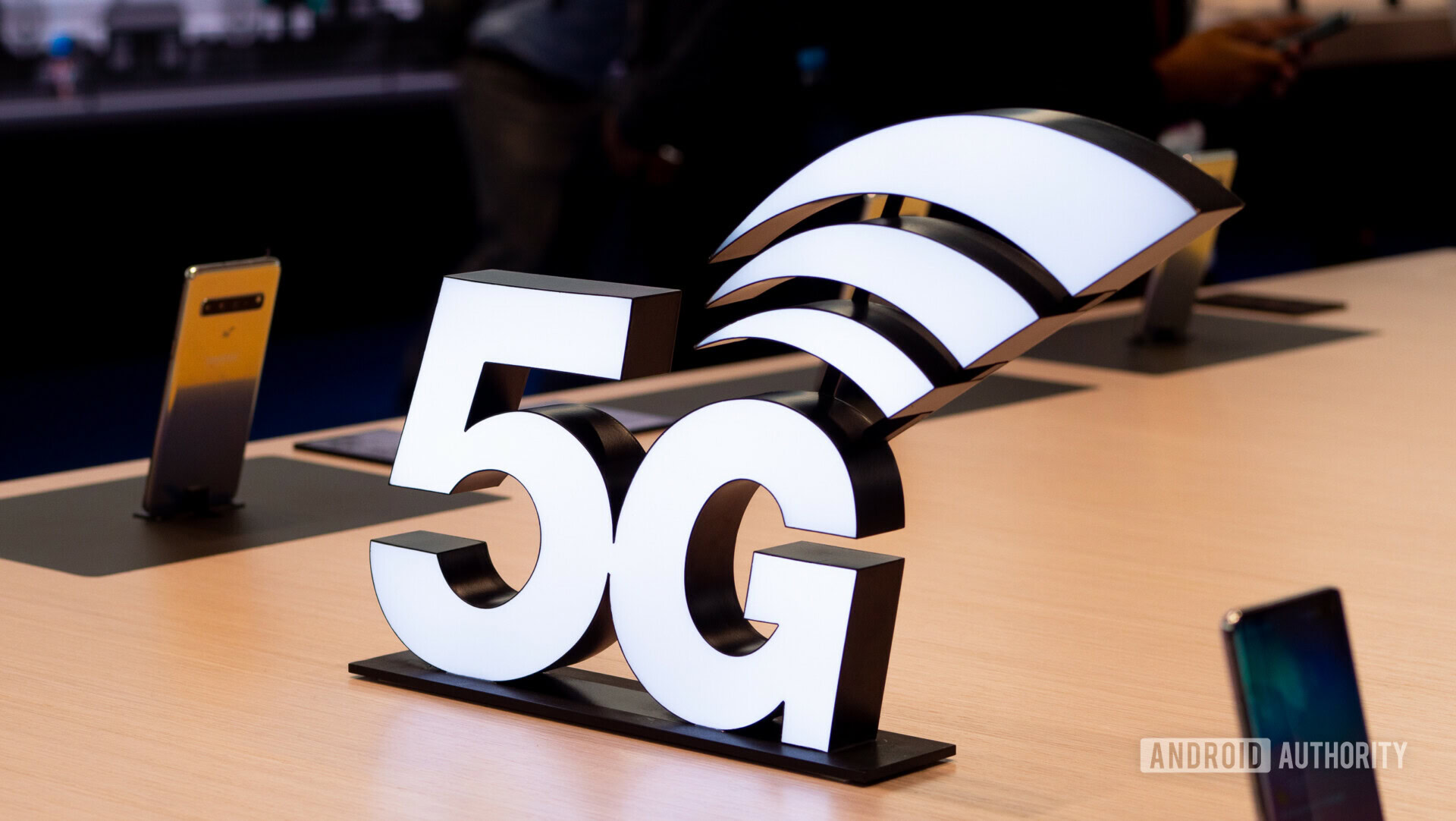
Setting the 5G stage
Before I lay into the carriers, let’s see where we stand today. The 3GPP industry body approved the 5G New Radio (5G NR) spec in December 2017. The 3GPP is an international standards body that oversees the development of wireless technologies. Even though carriers were able to begin 5G prep work before the spec was finalized, the official ratification of the standard put deployment plans into high gear.
AT&T and Verizon Wireless each said they’d launch 5G networks before the end of 2018, while Sprint and T-Mobile targeted the first half of 2019 for theirs. There are two flavors of 5G: fixed and mobile. Fixed is for in-home broadband replacement services, while mobile acts like a traditional cellular network.
Let’s not forget phone makers. LG announced in August 2018 that it would launch a 5G phone with Sprint. Samsung later chimed in to say it would sell a 5G phone with AT&T and Verizon (we now know the LG V50 ThinQ and Samsung Galaxy S10 5G are the exact phones in question). Mobile World Congress 2019 was chock full of 5G phones this year.
Meanwhile, the FCC just concluded its first auction for 5G mmWave spectrum and is currently running another auction this very minute.
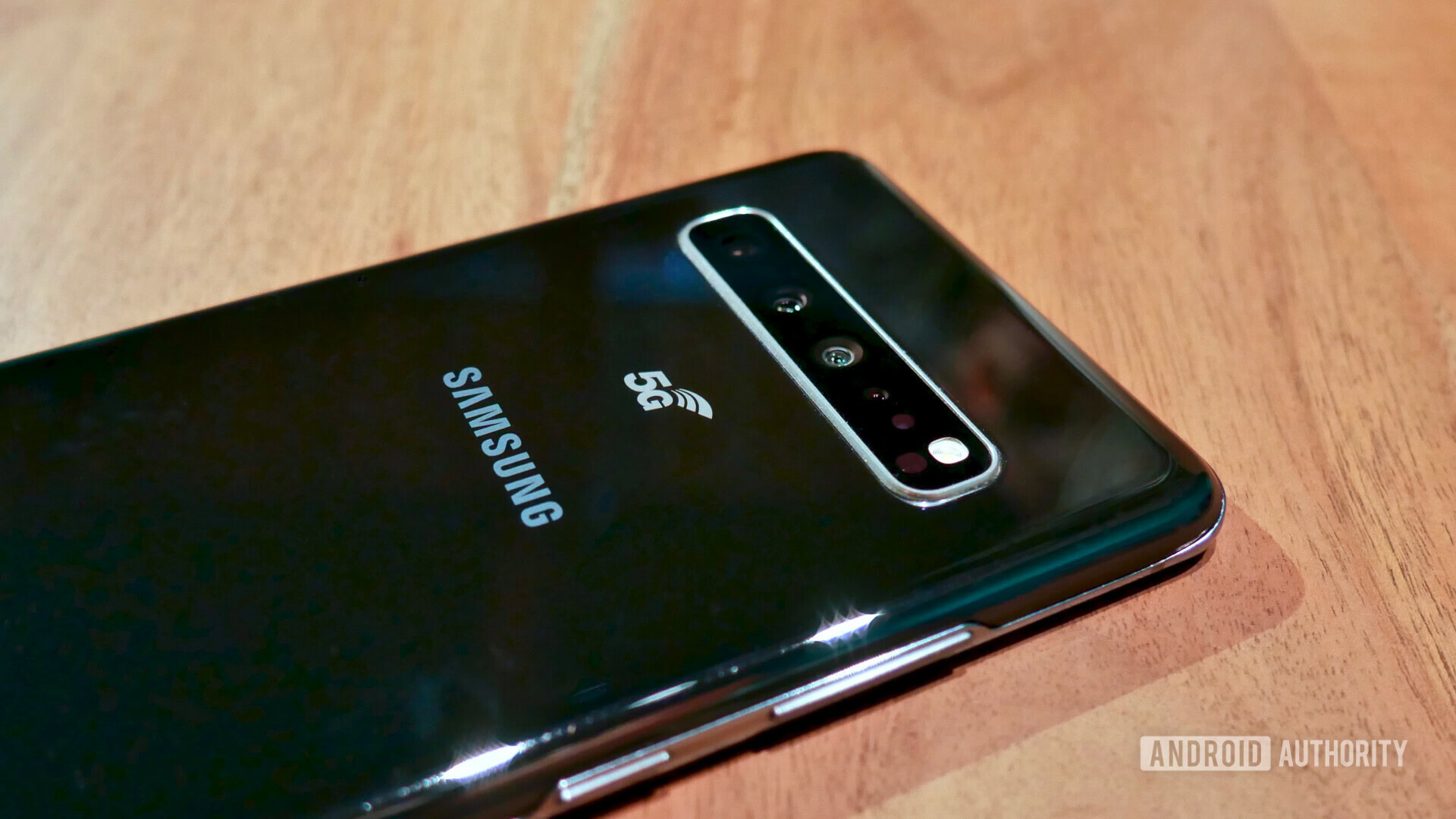
How it played out
On October 1, 2018, Verizon Wireless crowed about launching the “world’s first” 5G network. In reality, it debuted a fixed 5G service not based on the approved 3GPP standard. The company said it would upgrade the service to the correct 5G standard over time.
There’s no word yet on whether or not this has actually happened. The footprint for this service is limited to several neighborhoods in Indianapolis, Houston, Los Angeles, and Sacramento, CA. In order to use this service, customers in the coverage area need to install specific gear outside their homes.
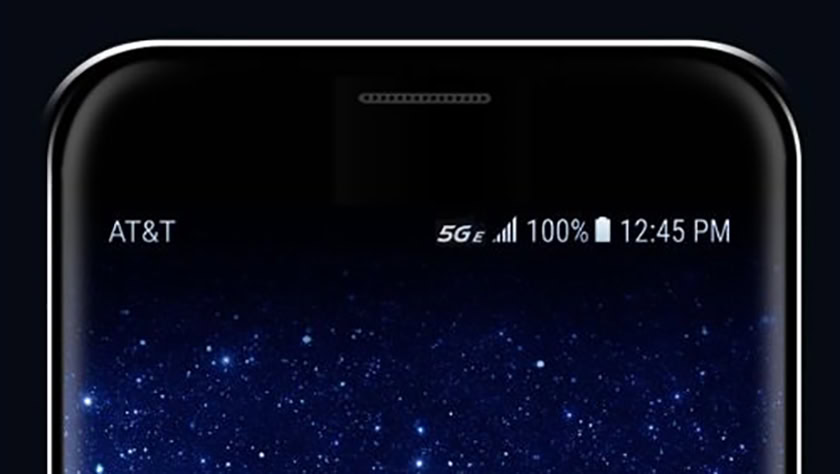
AT&T met its self-imposed launch date of “before the end of 2018” by debuting mobile 5G service on December 21, 2018. There are, however, a lot of caveats here. AT&T’s service is available in parts of Atlanta, Charlotte, Dallas, Houston, Indianapolis, Jacksonville, Louisville, Oklahoma City, New Orleans, Raleigh, San Antonio, and Waco. Where in those markets? No one knows. AT&T is not sharing coverage maps.
Moreover, AT&T’s service is available from a single device, the $499 NETGEAR Nighthawk 5G Mobile Hotspot. AT&T has thus far refused to provide the Nighthawk for testing, and, as far as anyone can tell, just a single person has one in Indianapolis. The company did say that it would initially be made available to a small set of early adopters, with a wider roll out to follow later in the first half. AT&T says its first 5G phone, the Samsung Galaxy S10 5G, will arrive during the first half of the year.
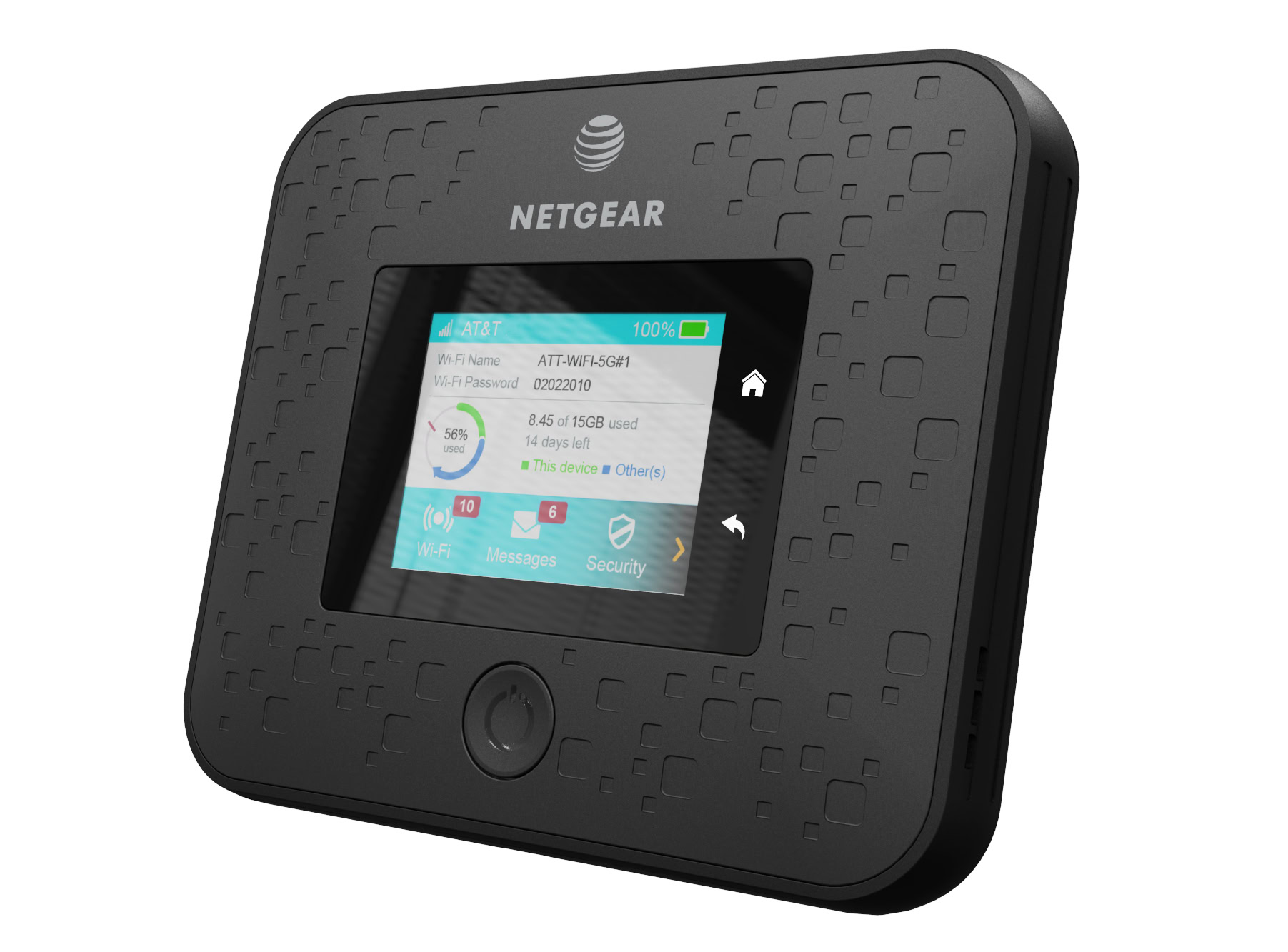
AT&T’s fake “5G E” nonsense is an entirely different matter. The company is lying and was sued over it.
While Sprint and T-Mobile continue to pitch their proposed merger to the U.S. government, their respective 5G launch plans have been pushed back.
Sprint says its network will get off the ground in May. It will first be available in Atlanta, Chicago, Dallas, and Kansas City, and follow later in Houston, Los Angeles, New York, Phoenix, and Washington, D.C. before July 1. The carrier will offer the LG V50 ThinQ and an HTC-made mobile hotspot.
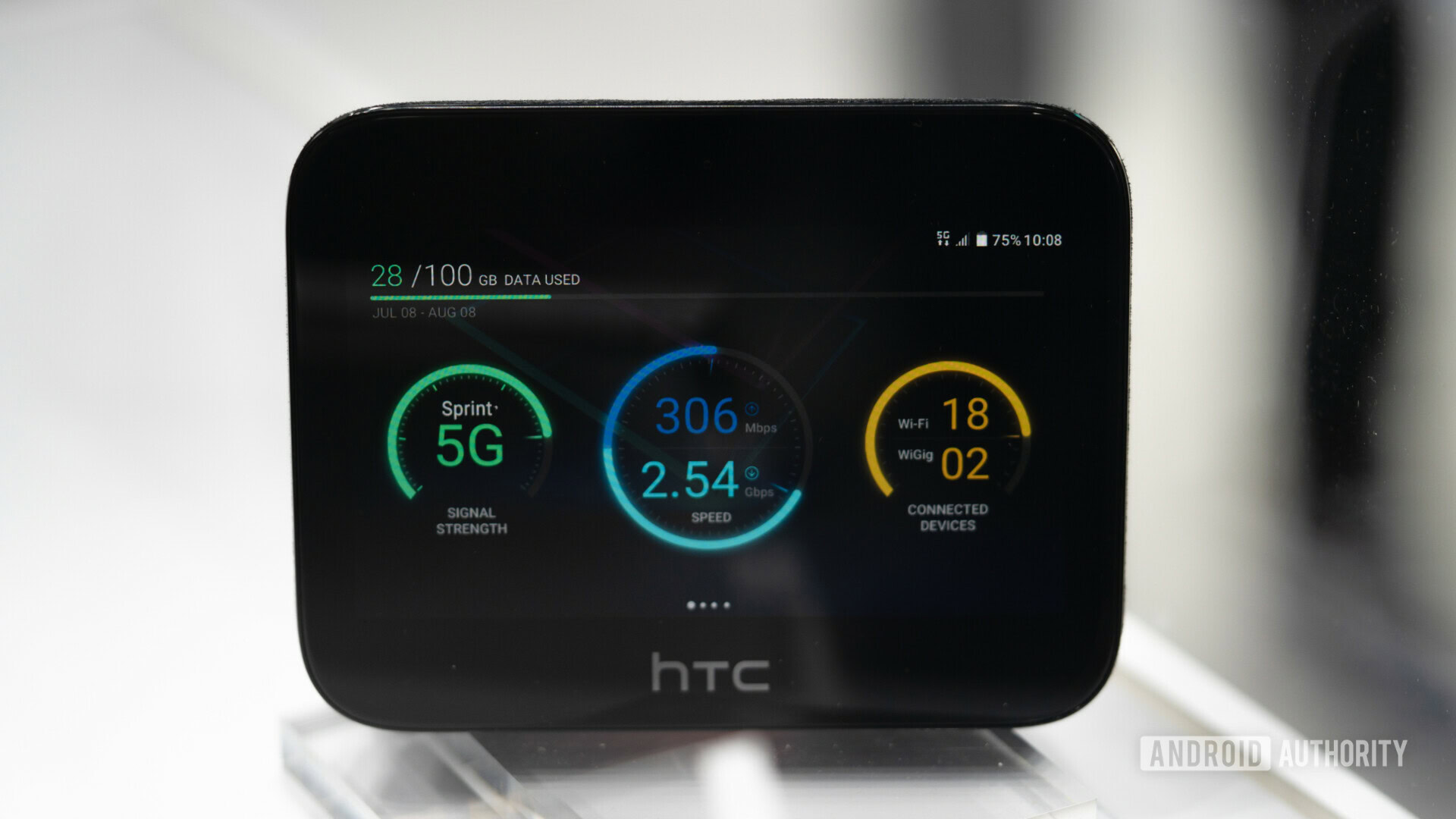
Similarly, T-Mobile plans to have a limited launch during the first half of the year with the LG V50, and a more meaningful expansion to as many as 30 cities during the second half of the year.

Turn on the drama
What happened this week is another story.
In mid-March, Verizon said its mobile 5G network would go live on April 11 in “select areas” of Chicago and Minneapolis. The device? The Motorola Z3 with the Moto 5G mod. Fine. Verizon isn’t expected to sell the Samsung Galaxy S10 5G until May.
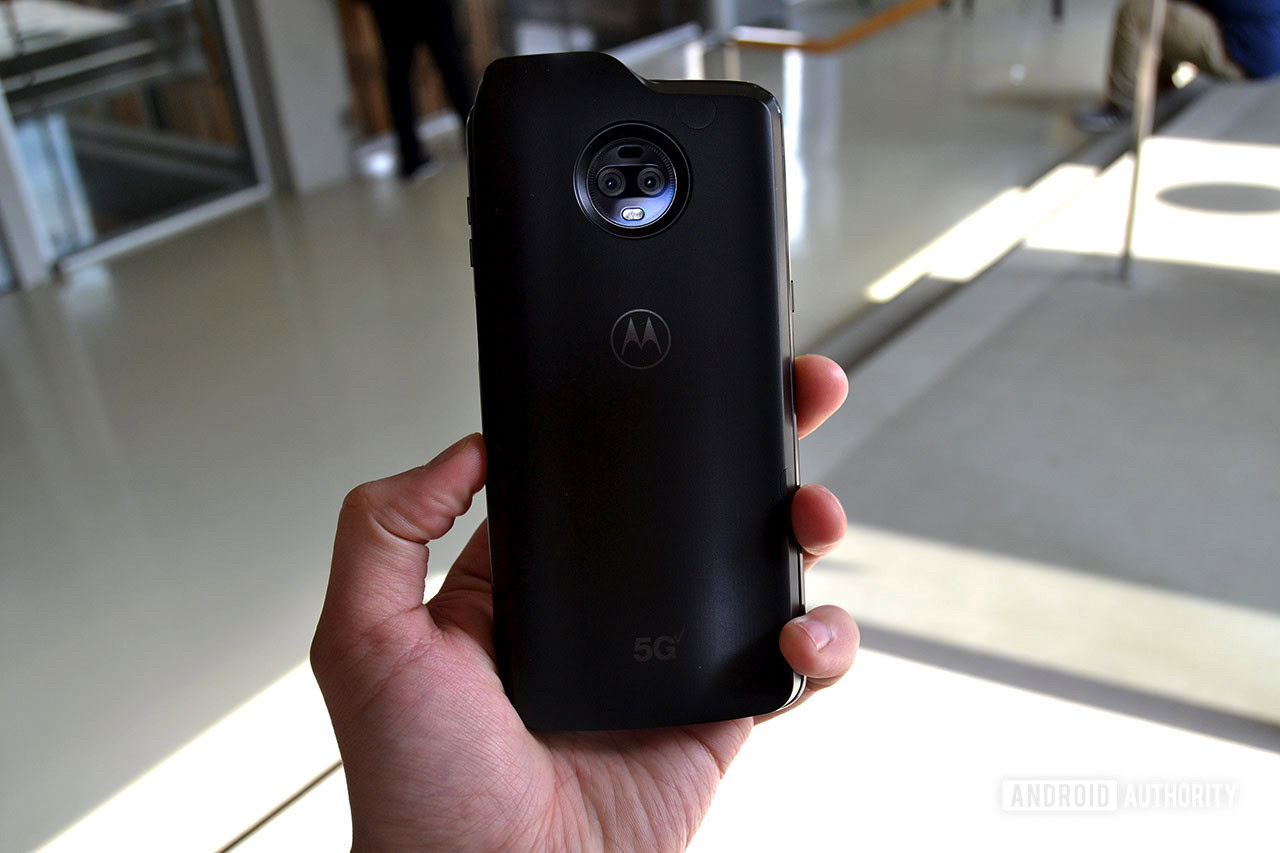
This week, Korea’s SK Telecom announced plans to launch the “first commercial 5G network in the world that works with a 5G smartphone.” The launch was set to happen April 5.
Verizon then moved up its planned April 11 launch by a full week to April 3 in order to beat SK Telecom to the punch.
SK Telecom responded by moving up its launch to April 3 — at 11:00 PM — beating Verizon by about two hours, according to Yonhap News.
Both companies, of course, claim to be first.
Seriously?
Who cares?
Social media, particularly Twitter, has a way of amplifying hysterics. Representatives from the companies involved in this race chimed in repeatedly with claims of being first, and the funny thing is none of it truly matters in the long run.
AT&T and Verizon are both claiming to be in the lead as they push off from the starting line with the entire race left to run. Launching mobile 5G service across a handful of city blocks in two markets is not important to the vast majority of people. What matters are the full build-outs with real, affordable gear at price plans that make sense for everyone (if you think the LG V50 ThinQ and Samsung Galaxy S10 5G are going to cost a penny under $1000, you’re dreaming).
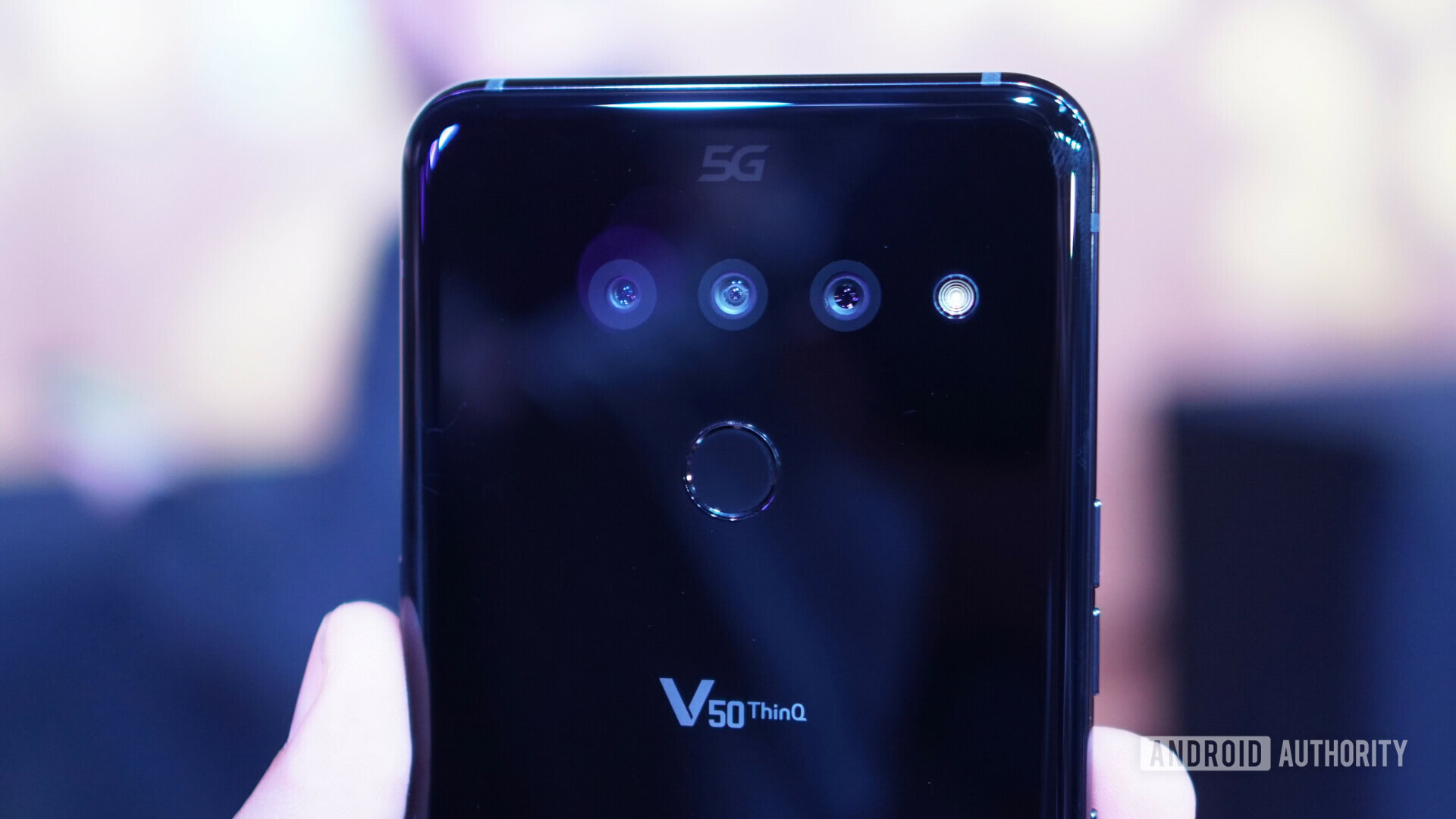
Transformative 5G service that will have an impact on regular people is still many months away. Sure, the initial launches are exciting and it’s great to see the industry come together and finally get it done. But this isn’t a sprint, it’s a marathon, and we have 26.1 miles to go.